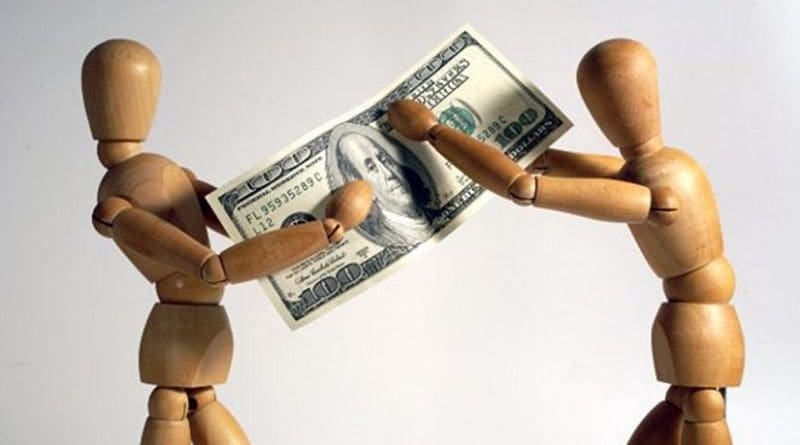Money Matters: Memory And The Psychology Of Spending
By IESE Insight
Studies have shown that if you have 10 $1 bills in your wallet you are more likely to spend them than if you have one $10 note in there. Why is that?
The previous research has suggested that larger bills are more convenient, cleaner and because they are considered, in a sense, more valuable, they make it easier to exert self-control and regulate spending.
Advancing this line of research on the “denomination effect,” Priya Raghubir of New York University, Mario Capizzani of IESE Business School and Joydeep Srivastava of Temple University look at the role of memory, finding biases in our recall of bills and coins.
Their paper “What’s in Your Wallet? Psychophysical Biases in the Estimation of Money,” published in the Journal of the Association for Consumer Research, uses experiments to show how a specific amount of money is more difficult to remember when carried in smaller denominations, as compared with larger ones. In turn, overestimating how much cash is at hand is linked with an increase in the likelihood of spending.
The research supports the notion that people strategically choose to receive money in larger denominations in order to better control their spending, with memory added as a reason why.
What’s in Your Wallet?
The co-authors conducted four experiments with students. In them, participants were asked to recall the overall value of money in their wallets, then noting the denominations and then rating how easy it was to recall each denomination. Counting the actual contents of their wallets, students recorded the number of units by denomination and were given the opportunity to make a purchase.
The results offered support for the idea that errors in recall of the contents of one’s wallet have downstream consequences — that is, people spend more if they have overvalued the amount of cash they have in hand. This helps shed light on why breaking big bills into smaller denominations hinders the monitoring and tracking of money.
While we still use cash, the practical implications are that big bills help encourage saving while smaller, and more numerous, bills and coins encourage spending. The next political leader who wants to stimulate the economy via consumer spending might consider doling out the $1 bills.
For the future, if we as a society move away from cash, what will the psychological implications be? After using physical money for thousands of years, are we ready to give it up for digital currencies? This study reinforces the idea that cash, in its physical forms, has its own added value — and for that reason, may have more staying power.
Methodology, Very Briefly
The four studies included 370 business and economics students as participants. Comparing student estimates and the actual amounts of money on hand, the researchers looked at recall errors according to denominations (face values) and according to the number of units. They then developed three descriptive models to capture the subjectivity in value assessment.

